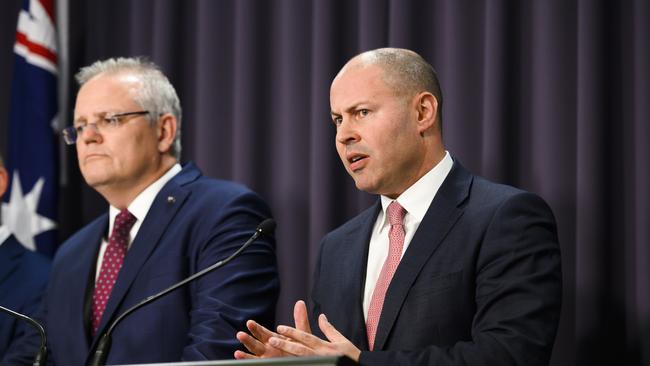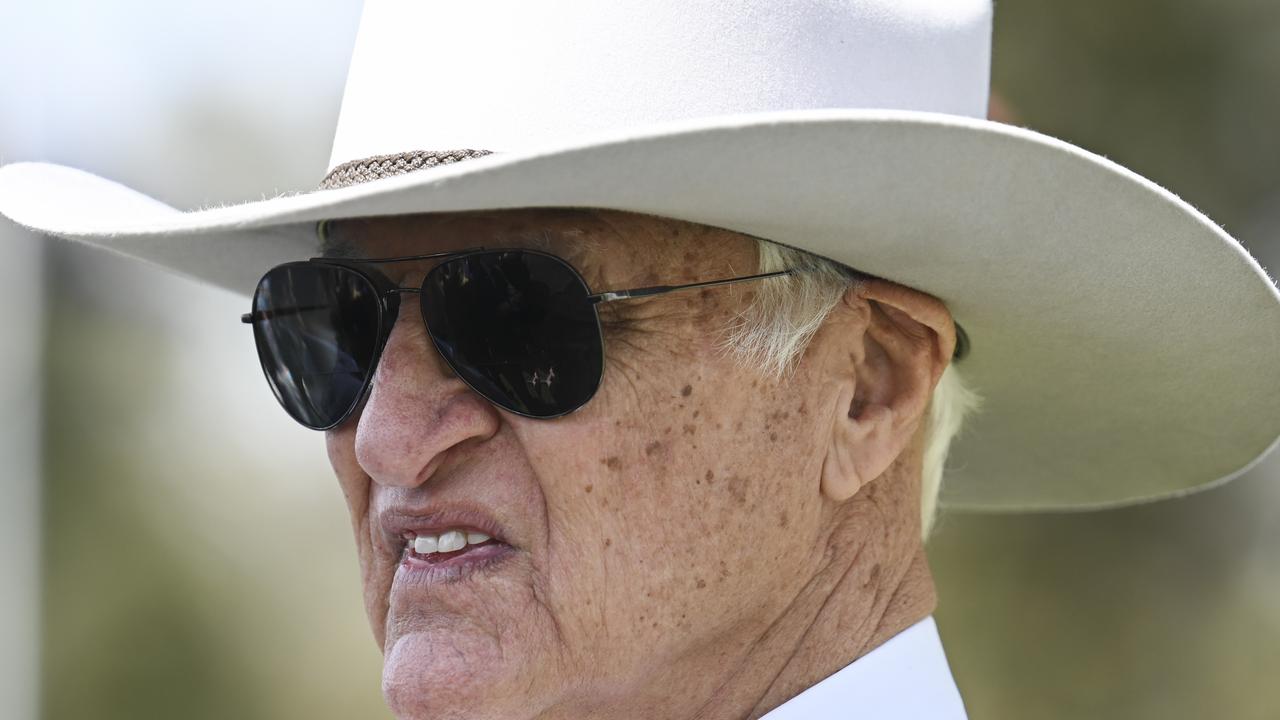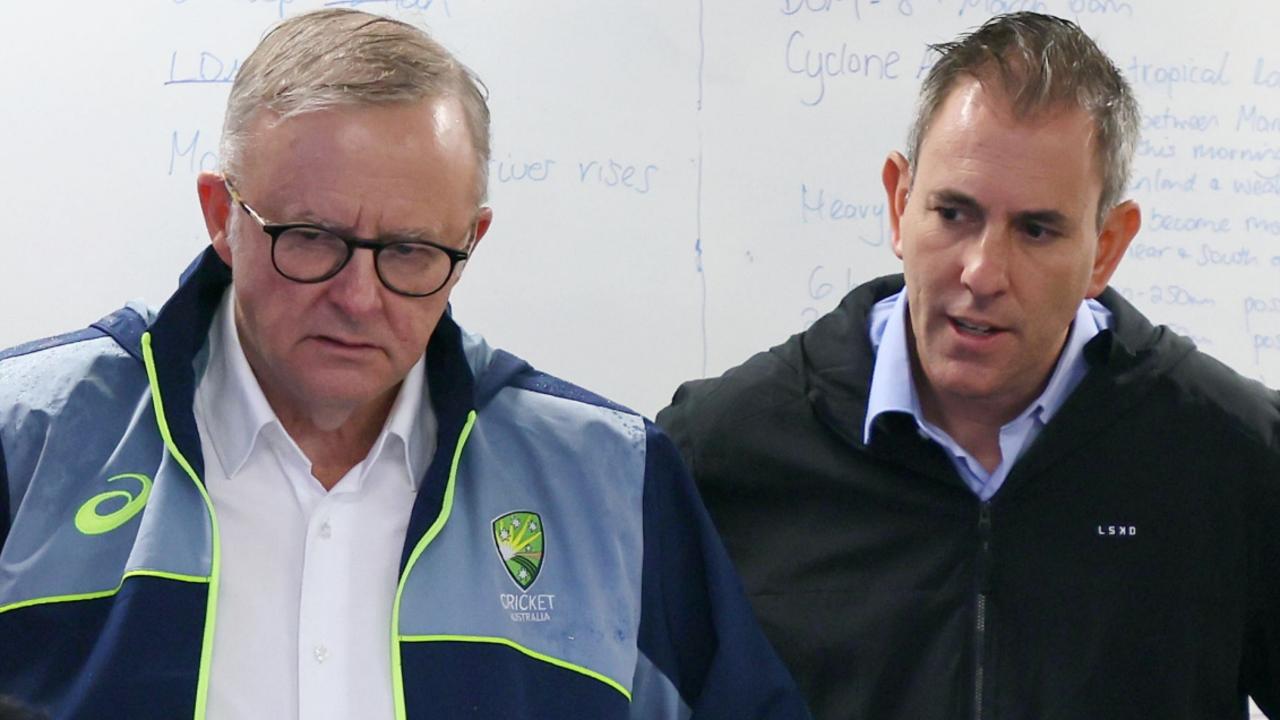The economy may well be resilient, but we need ideas
Unlike Tony Abbott, the Morrison government is sounding like it’s not up for a fight.

It took barely a year to achieve. After the Reserve Bank cut the cash rate to a then record low of 1 per cent in July last year to bolster flagging growth, Josh Frydenberg declared the economy “remarkably resilient”. Resilience never scored a mention in the 12 interviews the previous month. Since July, though, if there’s one thing you need to know about the economy it is how resilient it is.
News in September last year that economic growth had tumbled to an anaemic 1.4 per cent was “a reminder of the remarkable resilience of the Australian economy”. The next quarter’s figures, which revealed zero growth in per-person terms, reflected the economy’s “remarkable resilience”.
It’s not only the economy that has been immune to misfortune; the jobs market was “enormously resilient”, the Treasurer said in November. And if there remained any doubts in the lead-up to Christmas, they were snuffed out by the mid-year budget update, which “confirmed the resilience”, Frydenberg said. After all, “a strong budget is critical to the economic resilience of the Australian economy”, he’d pointed out in October.
Whatever storm clouds the coronavirus and the bushfire clean-up present, fear not. “What I will say is that the economy has been very resilient,” Frydenberg told journalist David Speers, twice, on the ABC Insiders last Sunday.
Having earned a high distinction for fostering economic resilience, what’s next for the Coalition? The Prime Minister unveiled the next reform chapter item last week in a speech titled An Even Stronger, More Resilient Australia.
Is there no end to this government’s vaulting ambition? In a speech at the press club in Canberra that mentioned “resilient” or “resilience” 18 times, excluding the question-and-answer session, Morrison revealed the government was even “investing in the technology of resilience, the science of resilience”. It’s a good thing the US has thwarted Chinese forced technology transfer — couldn’t have them pinching our resilience technology.
Tony Abbott, as he’s wont to do, made an insightful contribution at a book launch in Sydney last week. What’s the point of being in government, he said, without wanting to change something, without taking on a vested interest in the public good? You don’t want to fight with everyone all of the time, he went on, but you do want to be having a fight with a vested interest most, even all, of the time.
This Coalition government has no fight worthy of the name. The repetition “resilience”, a feel-good vague noun probably teased out of a focus group in the middle of last year, reflects this lack of purpose.
Its reflex is slogans, inquiries or royal commissions, which simply enrich the legal and consulting professions, rather than upsetting powerful vested interests.
“Our response to the economic challenges our nation faces has been structural investment in Australian aspiration,” Morrison said in a speech to the Business Council of Australia in November last year that revealed a paucity of achievements and vision.
Its two biggest economic claims to fame — “fixing our finances” and “tax reform” — are specious, to put it politely. The stock of federal government debt has more than doubled under the Coalition to $568bn. And so-called tax reform is nothing more than a part reversal of bracket creep in four years. Income tax as a share of gross domestic product will be higher in 2024, when the “tax cuts” are meant to kick in, than it was a decade earlier, as the Parliamentary Budget Office has pointed out repeatedly.
And the future? The government’s main goal, Morrison said, was for Australia to become “a leading digital economy by 2030”, far enough in the future to avoid any accountability, even if it wasn’t a platitude.
Other imminent changes included “paying small businesses that use e-invoicing, not (in) 20 days (but) five business days”. A “deregulation taskforce”, meanwhile, would “ease the regulatory burden” on food manufacturers and sole traders.
“We want Australians to spend less time dealing with paperwork, in long lines at shopfronts or waiting on the phone,” Morrison said. Improved government websites and reduced paperwork are worthy goals, but the head of government should have bigger fish to fry.
Since then, the biggest “reform” has been sacking a handful of senior public servants to reduce the number of departments from 18 to 14, something that won’t affect anyone outside the Canberra bubble.
Meanwhile, the welfare system remains a dog’s breakfast of overlapping payments — which the government’s own McClure review made clear back in 2014. Industrial relations is a no-go zone more than 15 years after Work Choices. NSW and Victoria have become so frustrated with the lack of leadership they’ve launched processes to kick along tax reform themselves.
Snowy 2.0 sounds exciting, but being an expensive battery that can barely provide power for a few days at most is hardly a solution to an energy price crisis.
And the ordinary person continues to get fleeced by gouging utilities and that greatest of all rorts: compulsory superannuation. The government has even ruled out — two years out from the next election, mind you — changes to the retirement system, another mess, before its own review reports later this year.
It’s not as if there isn’t need for economic reform. Unlike other rich countries, we’re dependent on immigration for economic growth, and resource exports to pay our way. Productivity and wage growth are stagnant. Our energy prices are crippling businesses. It takes longer to ride a train from Sydney to Wollongong than it did 30 years ago.
The government has been in power effectively almost seven years. Having secured franking credits and banished Labor’s harebrained energy policies at the last election, it’s time to pick a fight over something that would improve the lives of millions, who care little whether the economy is resilient.
Here’s a tip: give low-income earners the freedom to choose to have their super paid as wages. The unions and banks will hate it. That probably means it’s the right thing to do.




Let nobody think the Coalition government lacks ambition, let alone a meaningful agenda. As treasurer, Scott Morrison laid it all out in mid-2018 in a speech, titled Building Economic and Social Resilience, to the Committee for Economic Development of Australia.